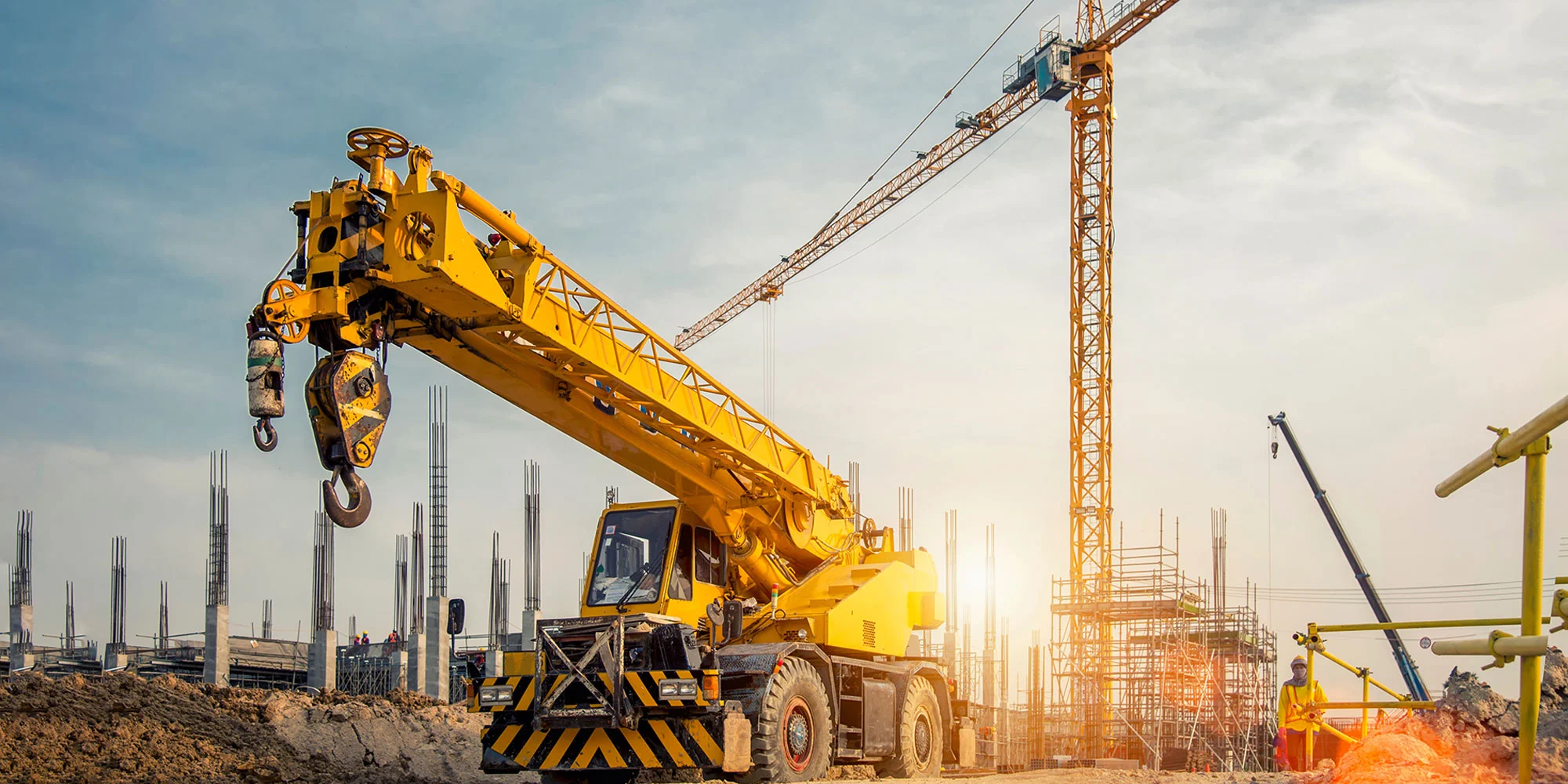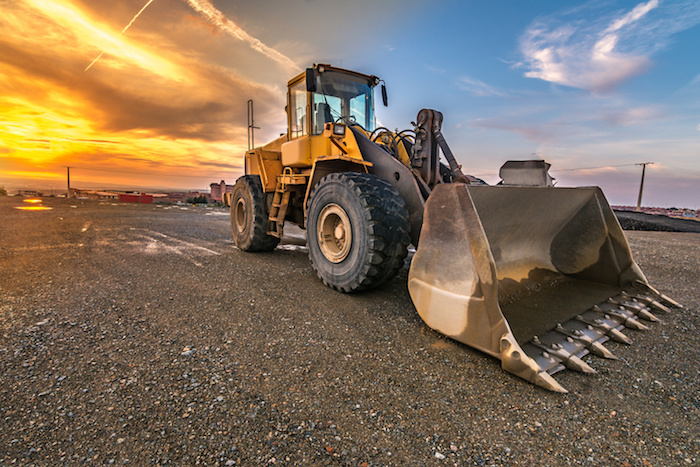Boom Lift Rental in Tuscaloosa AL: Find Economical Choices for Your Jobs
Boom Lift Rental in Tuscaloosa AL: Find Economical Choices for Your Jobs
Blog Article
Checking Out the Financial Perks of Renting Building And Construction Equipment Compared to Having It Long-Term
The choice in between renting and having building and construction tools is critical for monetary monitoring in the industry. Renting offers instant expense financial savings and functional adaptability, allowing business to designate sources a lot more successfully. In comparison, possession features considerable long-lasting monetary commitments, including maintenance and depreciation. As service providers consider these options, the influence on money flow, project timelines, and technology access becomes increasingly significant. Understanding these subtleties is vital, particularly when thinking about how they align with certain job requirements and financial strategies. What variables should be focused on to make sure ideal decision-making in this complicated landscape?

Cost Comparison: Renting Vs. Owning
When reviewing the monetary ramifications of having versus renting construction tools, a detailed expense comparison is essential for making educated decisions. The selection in between having and renting can dramatically affect a company's lower line, and comprehending the linked costs is critical.
Renting building tools generally includes reduced upfront expenses, permitting companies to designate funding to various other operational needs. Rental expenses can build up over time, potentially going beyond the expenditure of possession if equipment is needed for a prolonged period.
On the other hand, possessing construction devices needs a significant first financial investment, along with ongoing costs such as financing, depreciation, and insurance coverage. While ownership can lead to long-term savings, it also locks up capital and may not provide the same level of flexibility as renting. Additionally, owning equipment necessitates a commitment to its utilization, which may not always align with task needs.
Ultimately, the decision to own or rent needs to be based upon a thorough evaluation of details project needs, economic ability, and long-lasting calculated goals.
Maintenance Responsibilities and expenditures
The selection in between leasing and having building devices not only entails economic factors to consider however also encompasses recurring maintenance costs and obligations. Owning devices needs a considerable commitment to its maintenance, which consists of regular assessments, repair work, and potential upgrades. These duties can swiftly build up, leading to unanticipated expenses that can strain a budget plan.
In comparison, when leasing equipment, upkeep is normally the responsibility of the rental company. This plan permits contractors to prevent the financial worry related to wear and tear, in addition to the logistical challenges of organizing repair work. Rental arrangements commonly include arrangements for upkeep, implying that service providers can concentrate on finishing jobs instead of stressing over equipment condition.
In addition, the diverse variety of equipment offered for rental fee enables business to choose the most recent models with sophisticated technology, which can enhance effectiveness and performance - scissor lift rental in Tuscaloosa Al. By going with leasings, organizations can avoid the long-lasting liability of equipment depreciation and the linked upkeep headaches. Eventually, examining maintenance expenses and obligations is critical for making an informed decision regarding whether to own or rent building and construction tools, considerably affecting general task prices and operational efficiency

Depreciation Effect On Possession

A considerable variable to consider in the decision to own building devices bucket loader rental near me is the effect of devaluation on total possession prices. Depreciation represents the decline in value of the equipment in time, influenced by aspects such as use, check damage, and innovations in modern technology. As equipment ages, its market value decreases, which can substantially impact the owner's financial position when it comes time to trade the equipment or market.
For building companies, this devaluation can equate to substantial losses if the tools is not used to its fullest possibility or if it lapses. Proprietors need to account for devaluation in their financial projections, which can bring about higher overall expenses compared to leasing. Additionally, the tax obligation implications of depreciation can be complex; while it might provide some tax obligation benefits, these are usually balanced out by the fact of decreased resale worth.
Eventually, the worry of depreciation stresses the importance of comprehending the long-term economic commitment involved in having building and construction devices. Firms must very carefully evaluate how commonly they will certainly use the equipment and the potential economic effect of devaluation to make an enlightened choice about possession versus renting.
Financial Versatility of Renting Out
Renting building equipment uses substantial financial versatility, enabling firms to allocate resources much more effectively. This flexibility is specifically essential in a sector defined by rising and fall task demands and varying workloads. By choosing to lease, organizations can avoid the substantial funding investment needed for purchasing equipment, protecting capital for other operational requirements.
Furthermore, leasing devices allows business to tailor their equipment options to certain job demands without the long-lasting commitment connected with ownership. This means that businesses can easily scale their tools supply up or down based upon awaited and existing job requirements. Consequently, this flexibility reduces the threat of over-investment in equipment that might end up being underutilized or outdated over time.
Another financial advantage of renting out is the possibility for tax obligation benefits. Rental settlements are often considered operating budget, enabling instant tax reductions, unlike devaluation on owned and operated devices, which is topped several years. scissor lift rental in Tuscaloosa Al. This prompt cost recognition can have a peek at these guys better enhance a company's cash money position
Long-Term Task Factors To Consider
When assessing the long-lasting requirements of a construction business, the choice between owning and leasing equipment ends up being more complicated. Key variables to think about consist of project period, frequency of use, and the nature of upcoming jobs. For projects with extensive timelines, purchasing devices may appear beneficial as a result of the capacity for reduced overall expenses. Nonetheless, if the equipment will certainly not be utilized constantly throughout jobs, possessing may cause underutilization and unnecessary expenditure on upkeep, storage, and insurance coverage.
Furthermore, technical improvements present a significant factor to consider. The building market is advancing rapidly, with new devices offering improved effectiveness and safety attributes. Leasing permits firms to access the most up to date modern technology without devoting to the high in advance prices connected with investing in. This adaptability is especially useful for companies that deal with diverse tasks calling for various kinds of equipment.
Additionally, financial security plays an important function. Possessing devices frequently requires considerable capital expense and depreciation concerns, while leasing allows for even more predictable budgeting and money flow. Eventually, the choice between renting out and having should be lined up with the strategic goals of the construction service, taking into consideration both anticipated and present task demands.
Verdict
In verdict, renting out construction tools supplies significant economic benefits over lasting possession. Inevitably, the choice to rent out instead than very own aligns with the vibrant nature of building projects, enabling for flexibility and accessibility to the most recent equipment without the financial worries linked with possession.
As devices ages, its market value decreases, which can dramatically influence the proprietor's monetary position when it comes time to sell or trade the tools.
Leasing construction equipment supplies substantial monetary versatility, allowing firms to allot sources much more efficiently.In addition, leasing equipment makes it possible for firms to tailor their equipment selections to particular project needs without the long-lasting commitment linked with ownership.In conclusion, renting out building equipment supplies considerable financial benefits over long-term possession. Eventually, the choice to rent out instead than very own aligns with the dynamic nature of construction tasks, permitting for versatility and accessibility to the most current tools without the monetary burdens linked with ownership.
Report this page